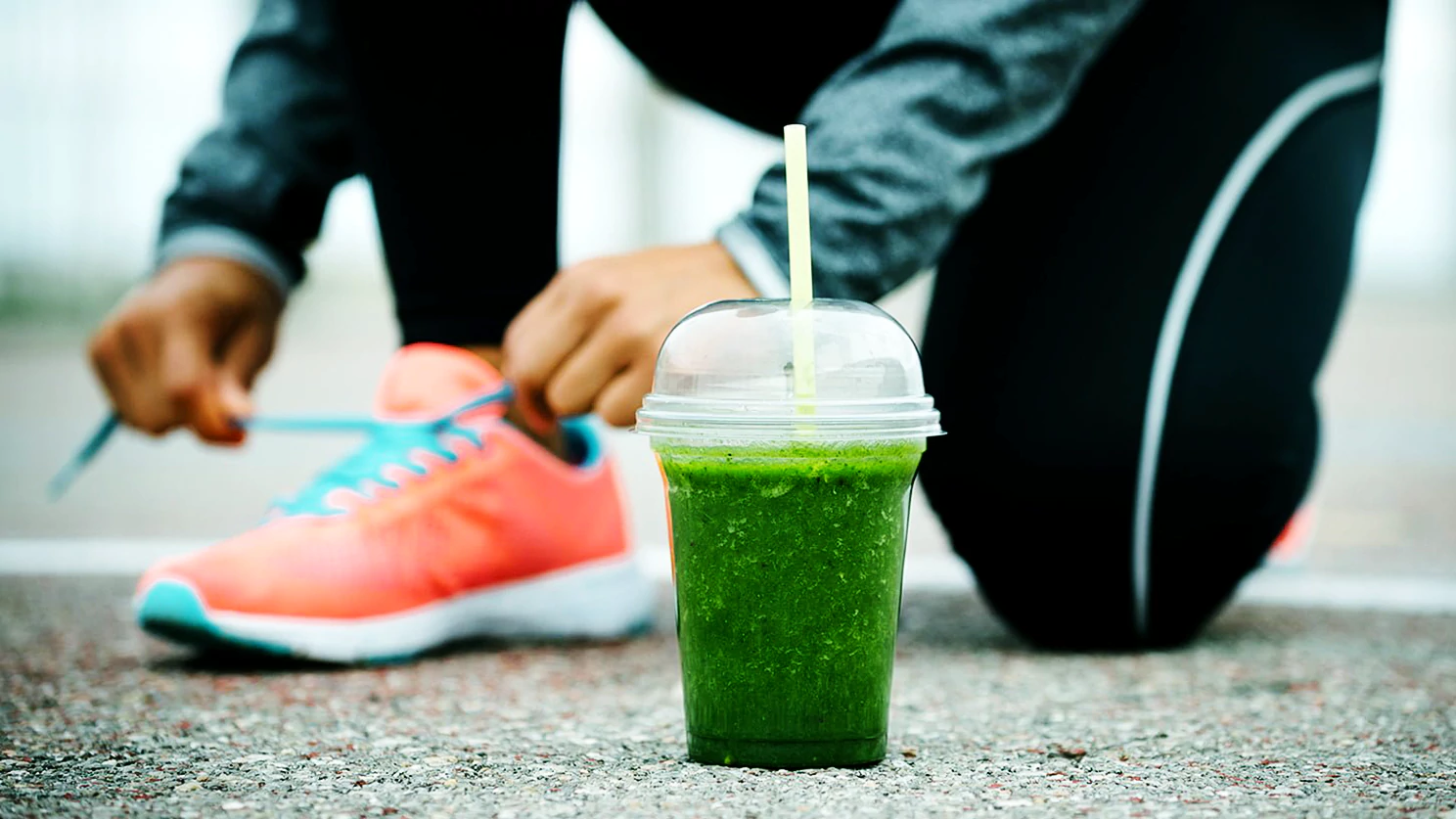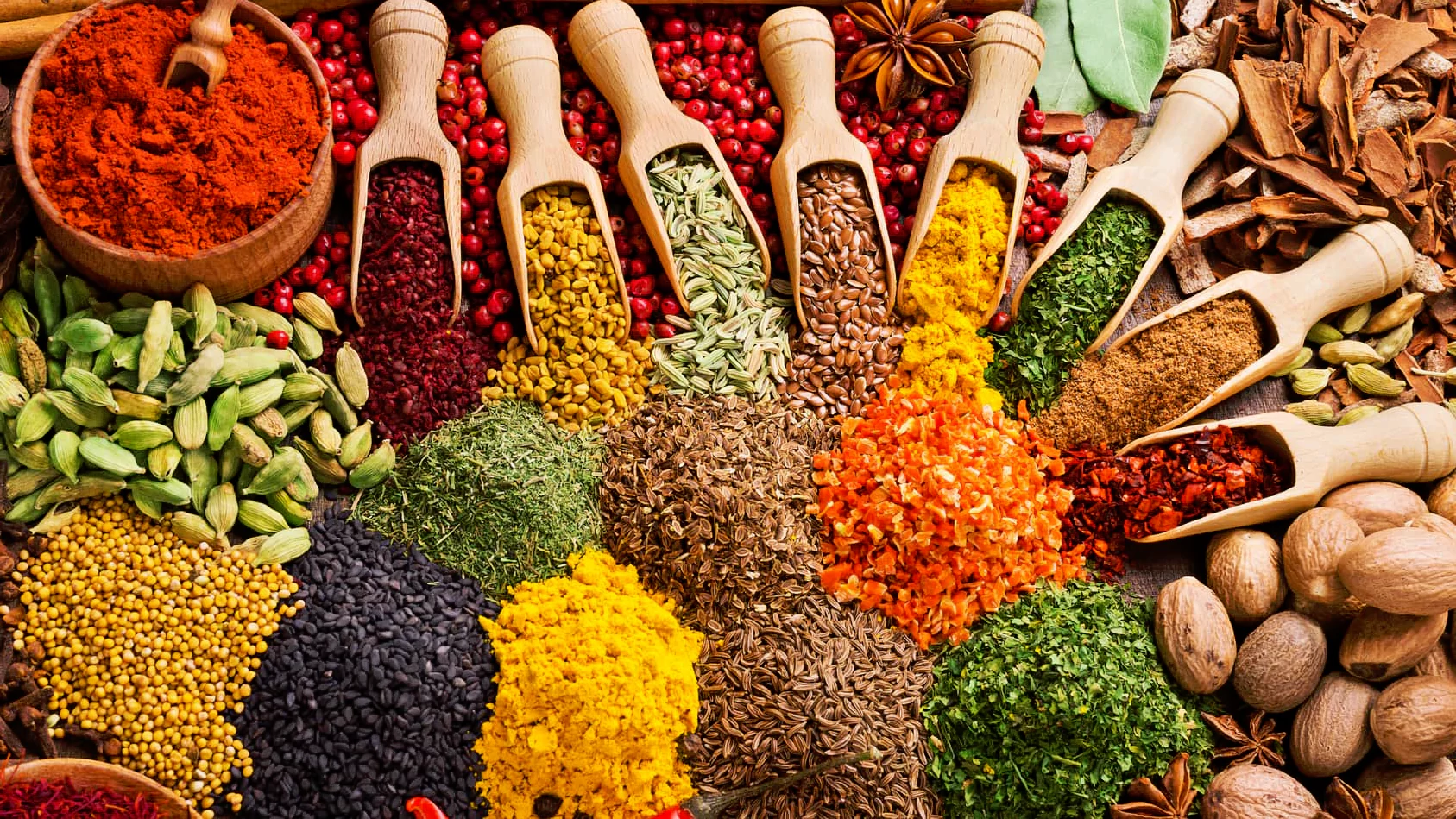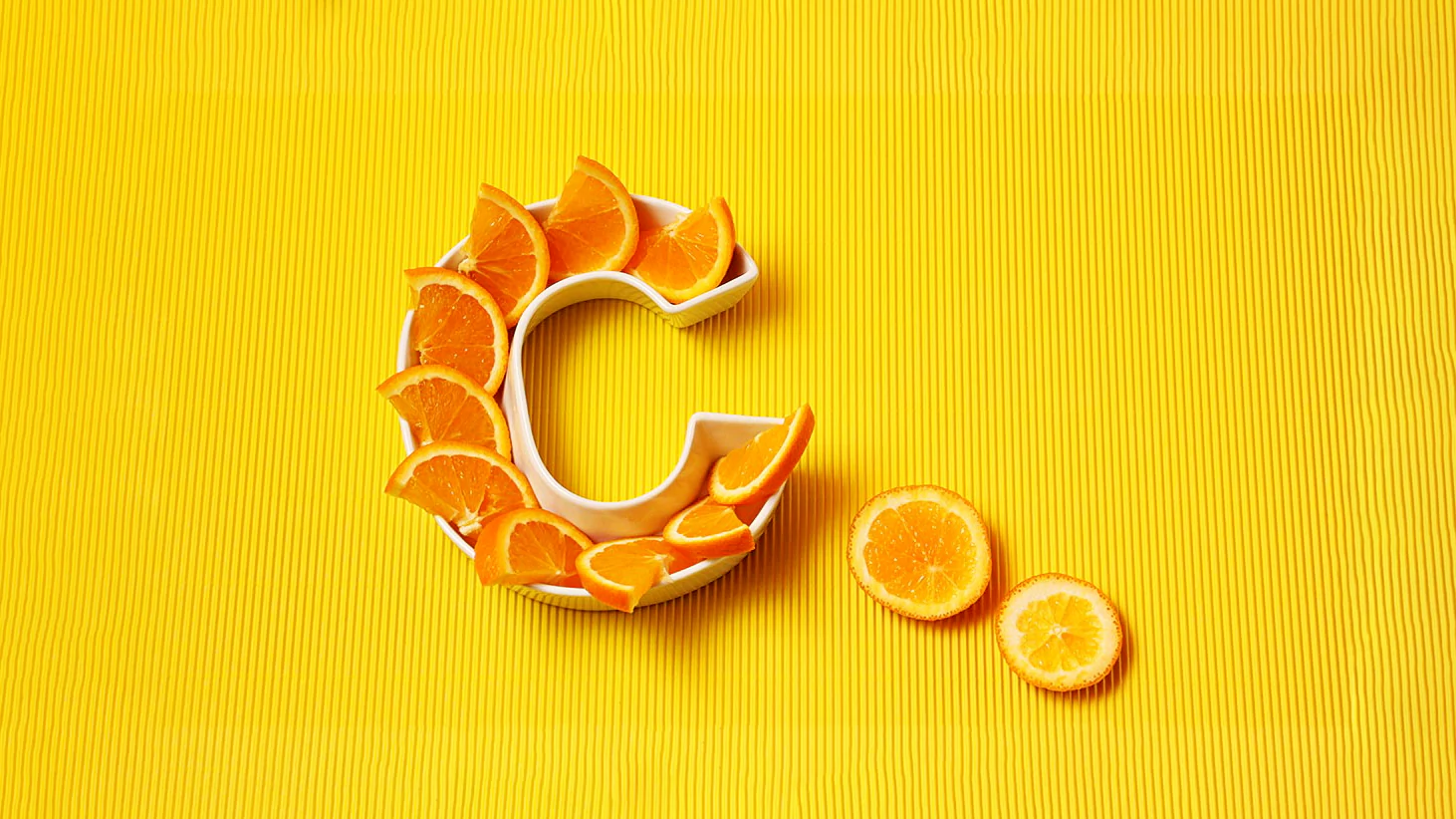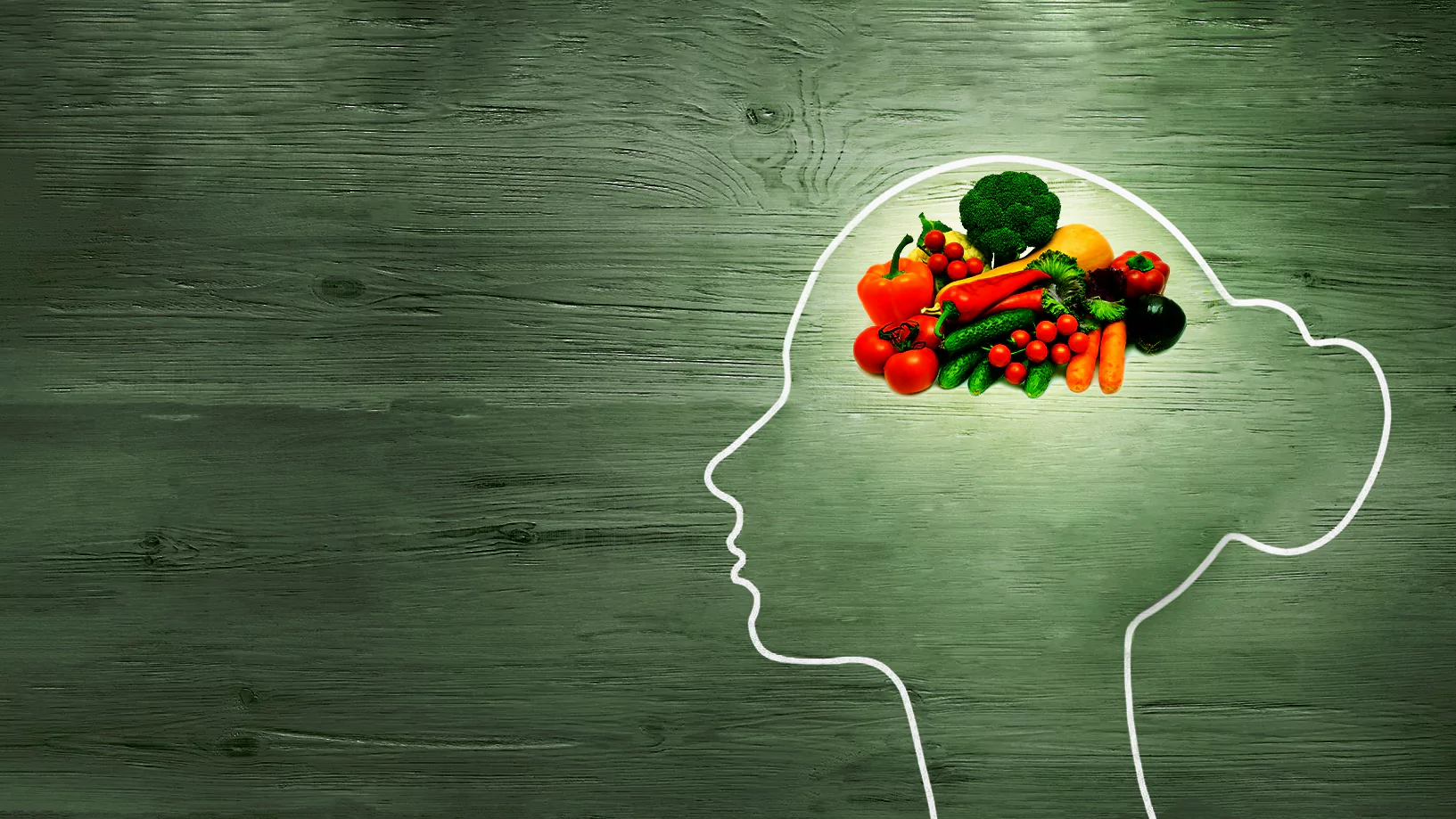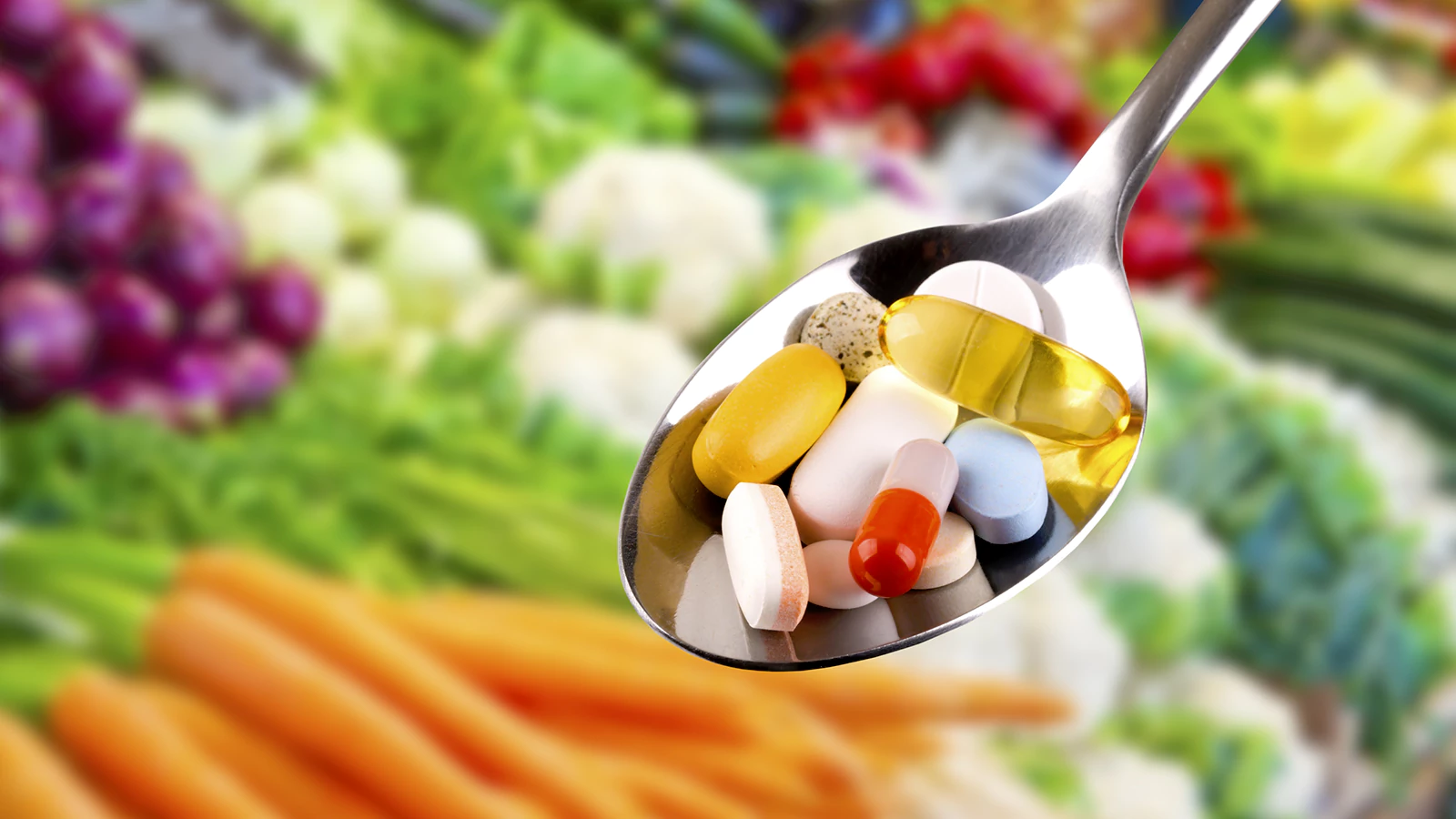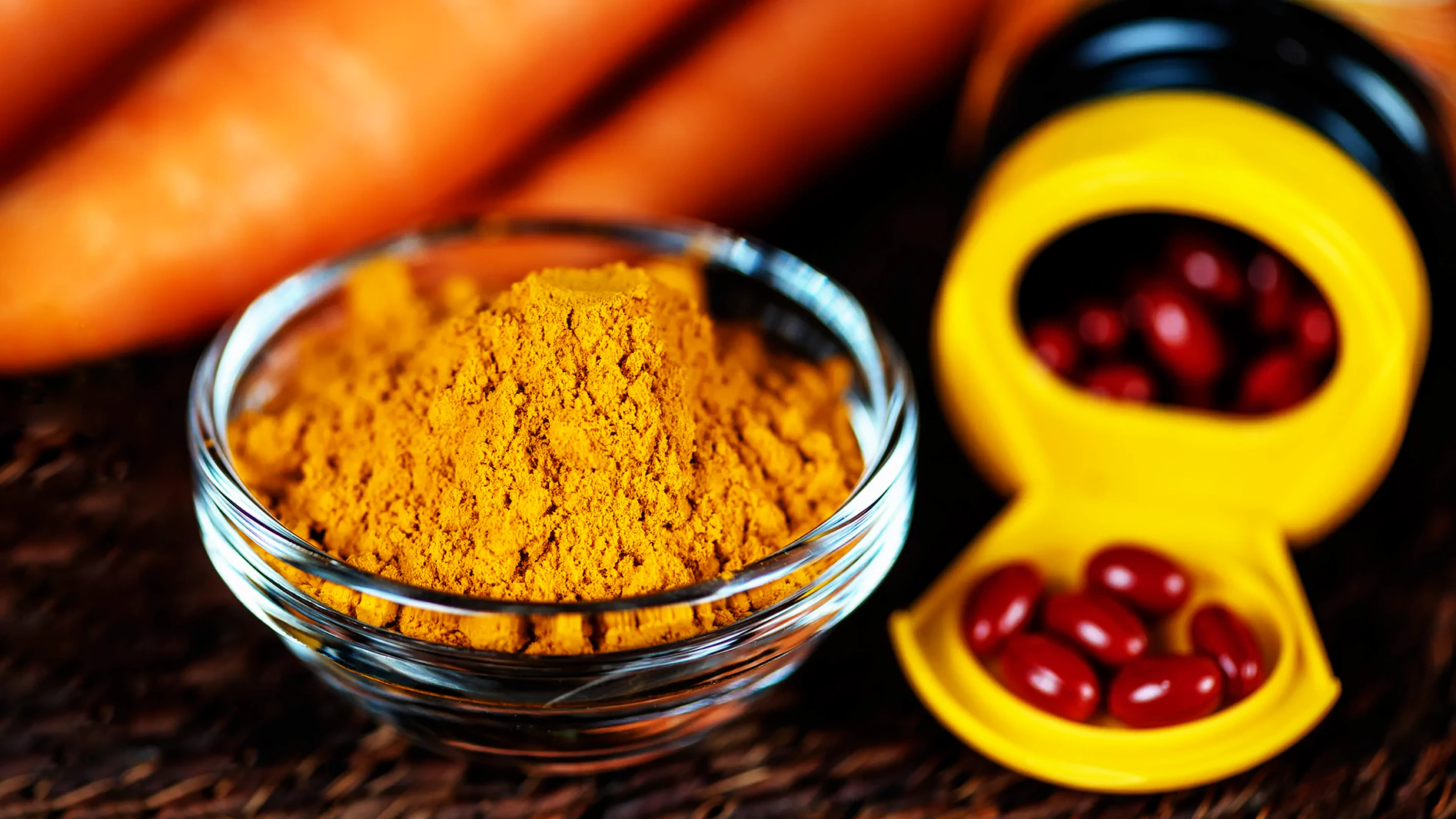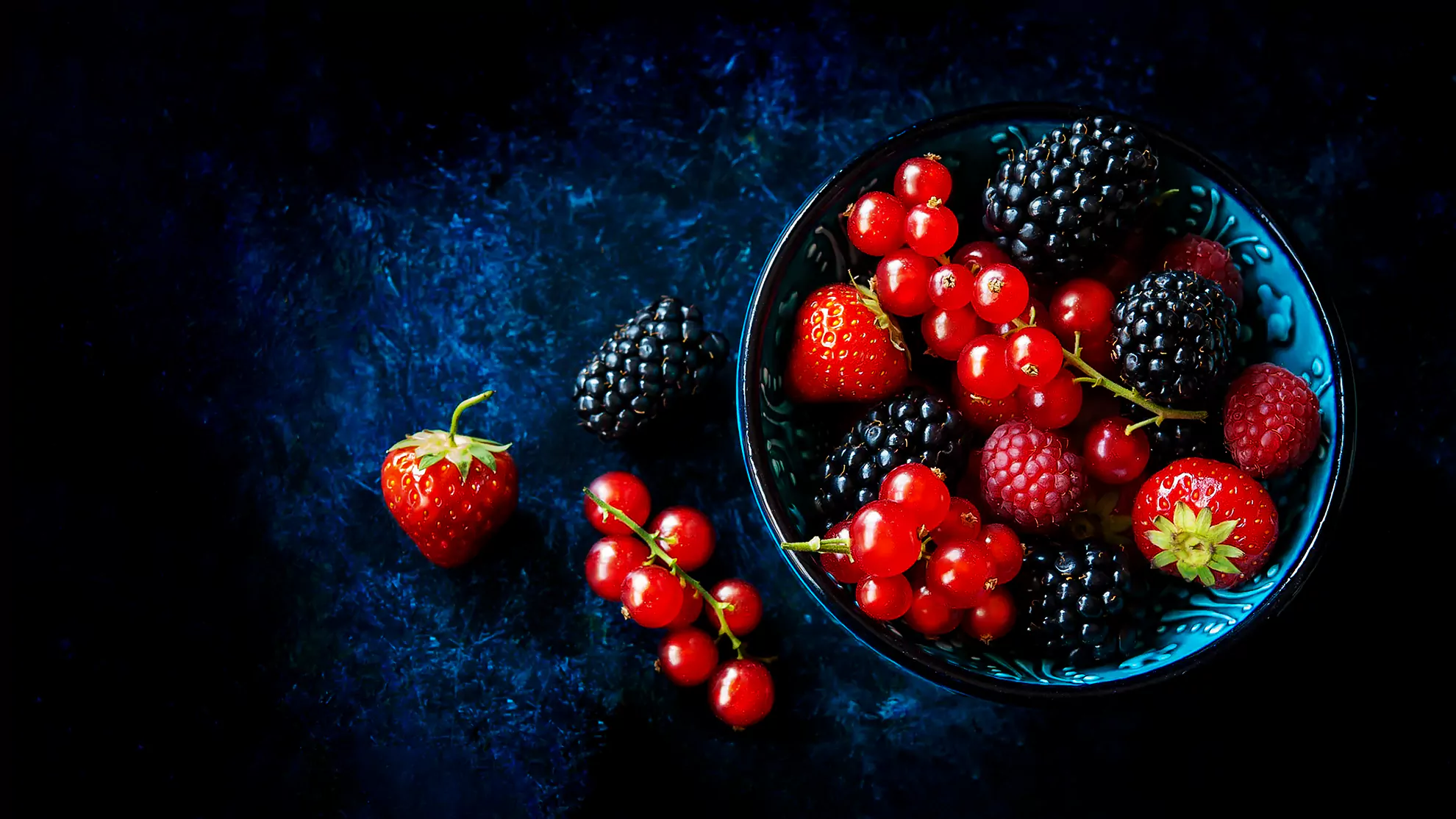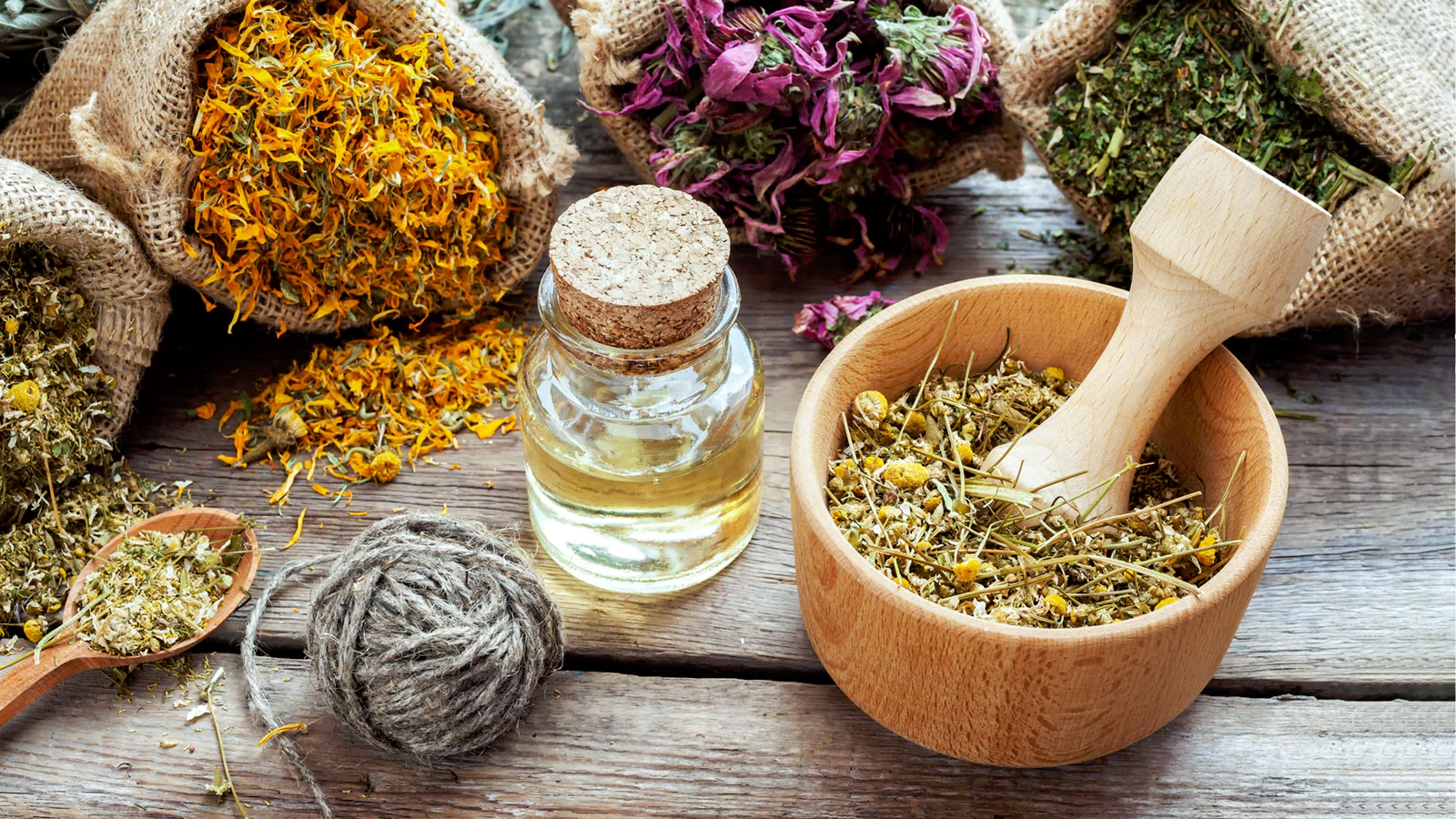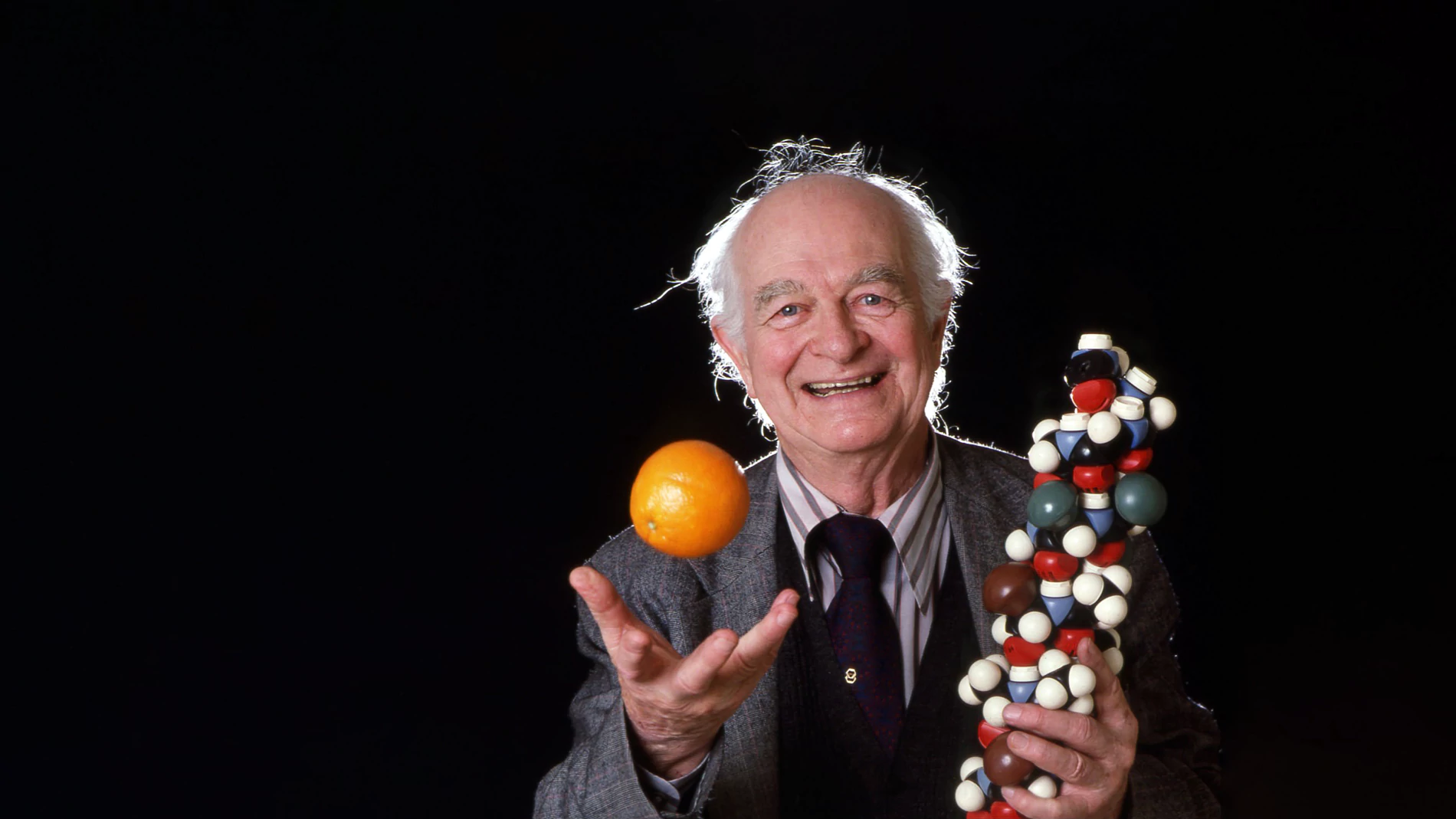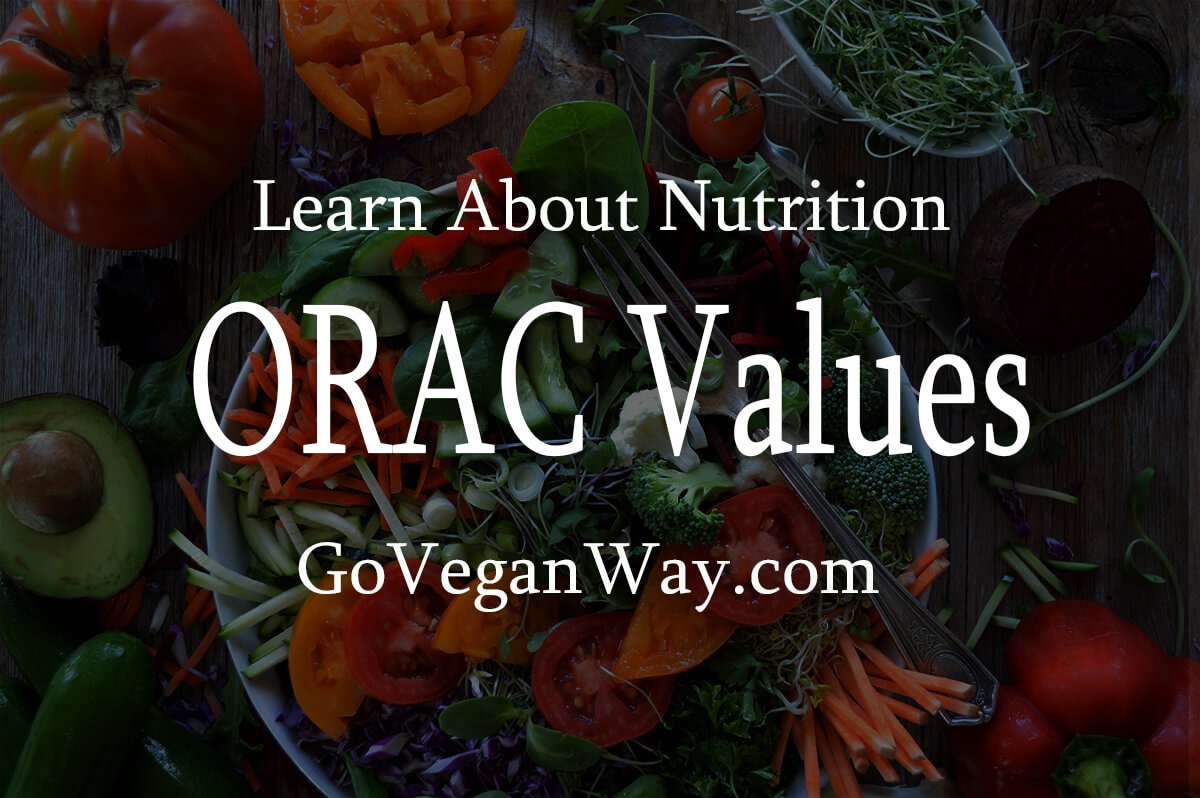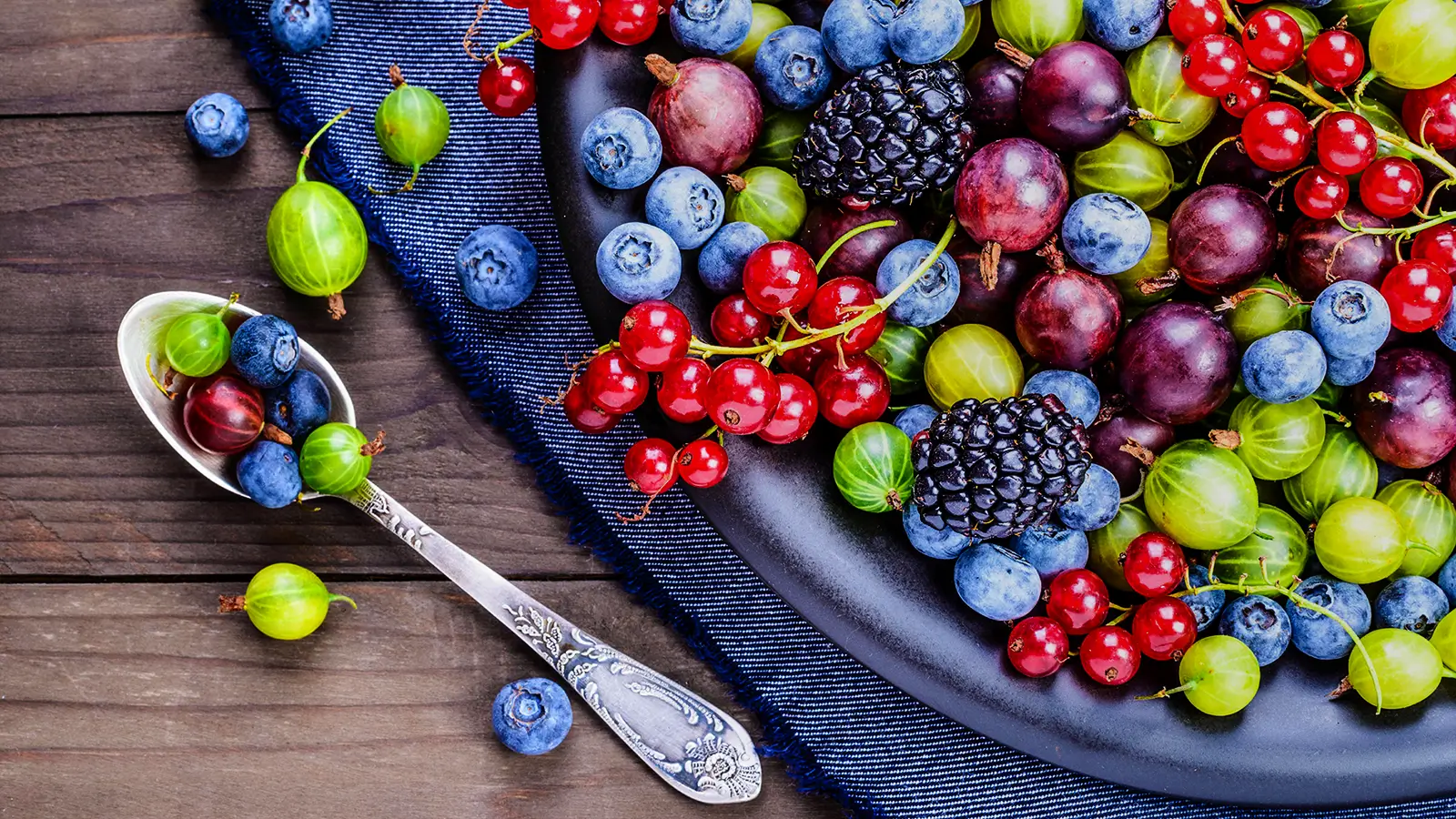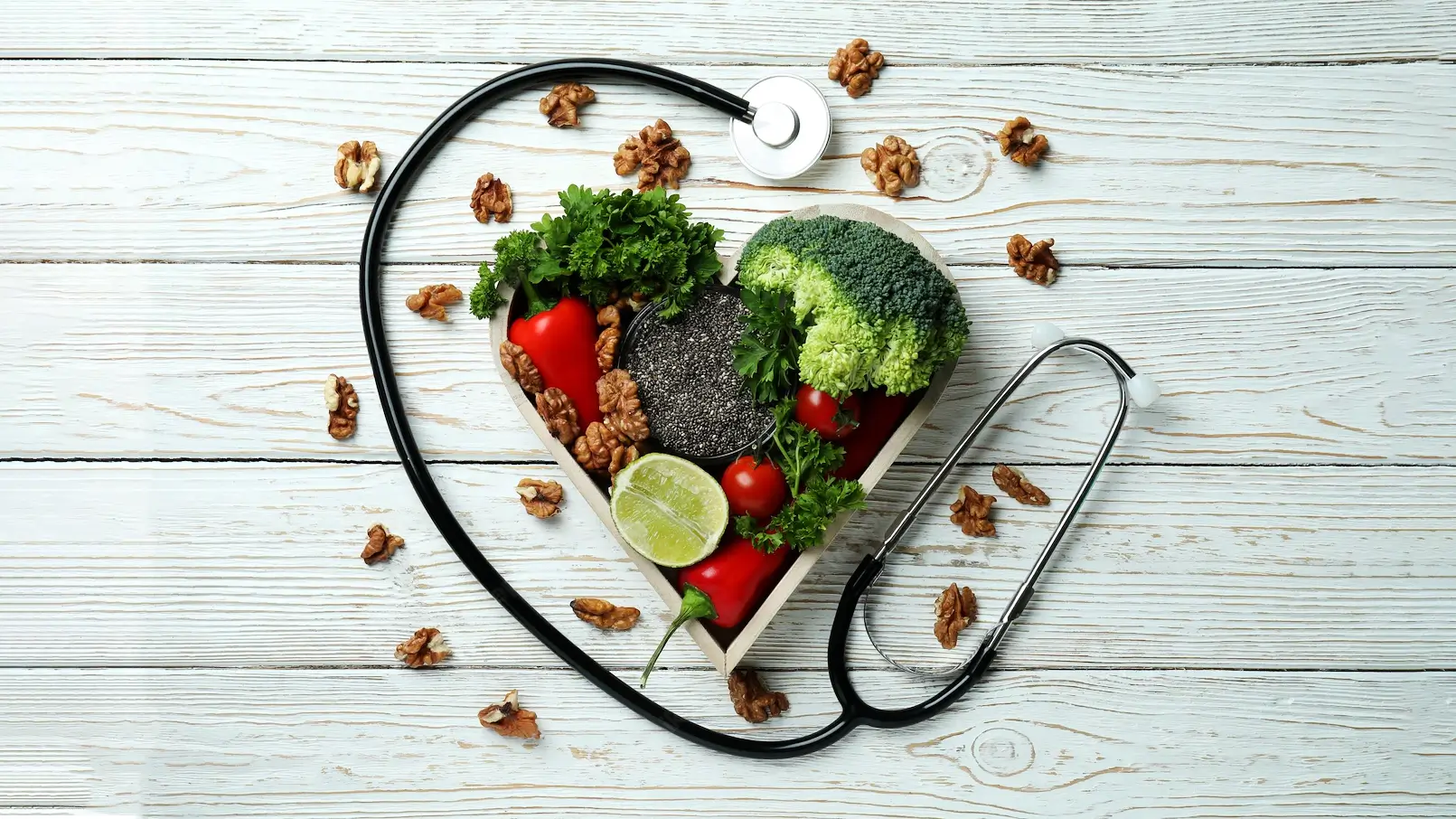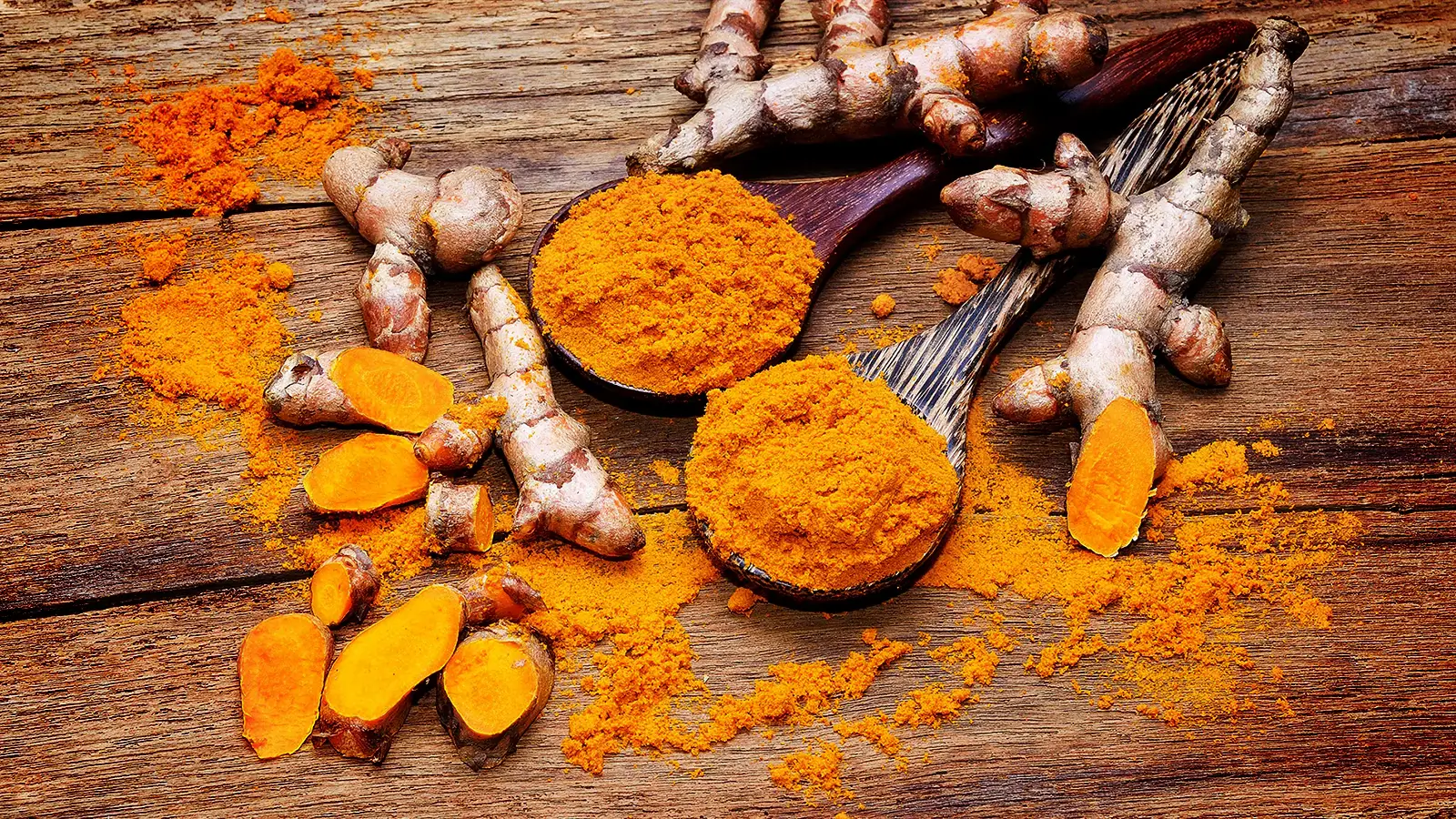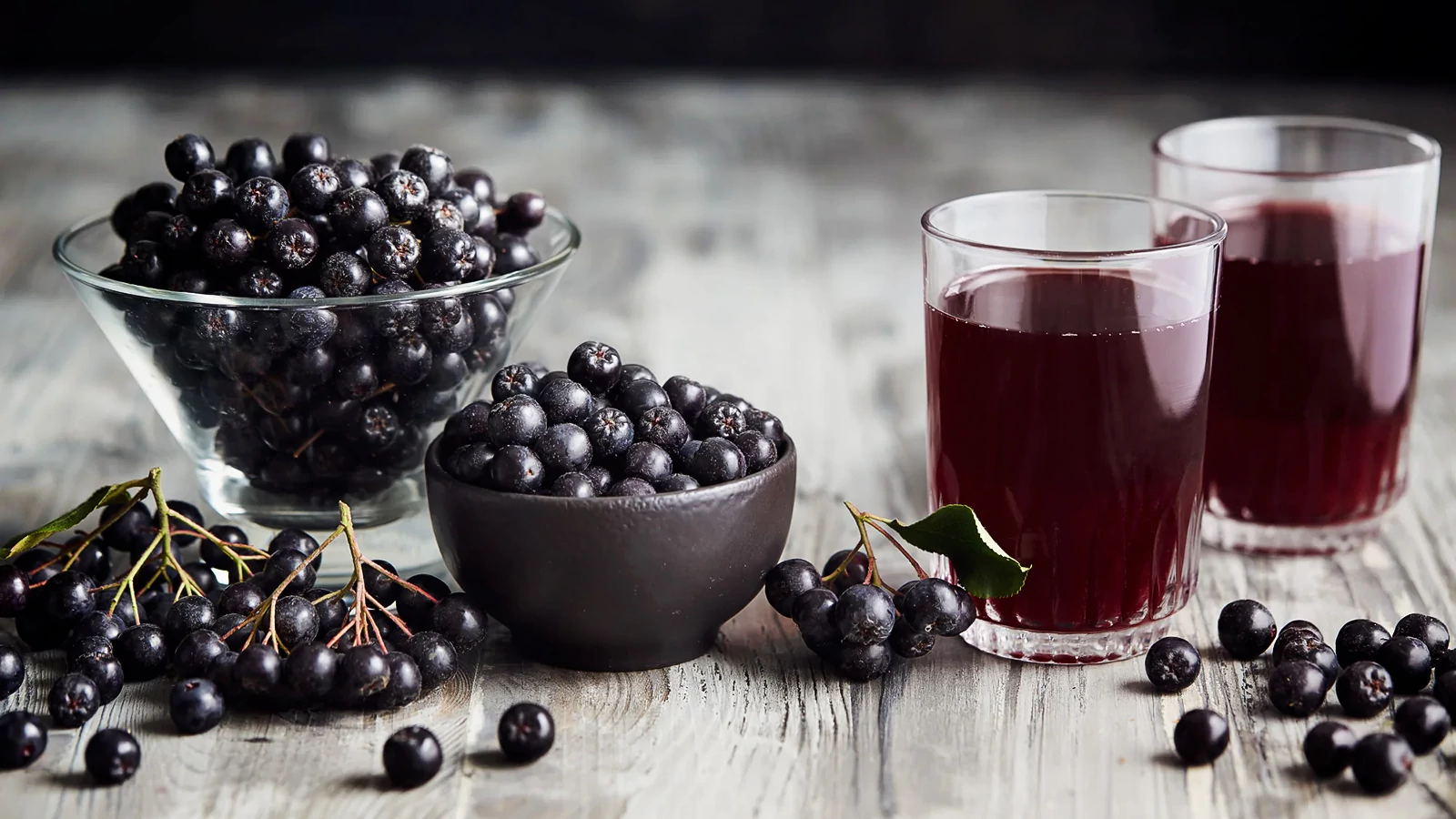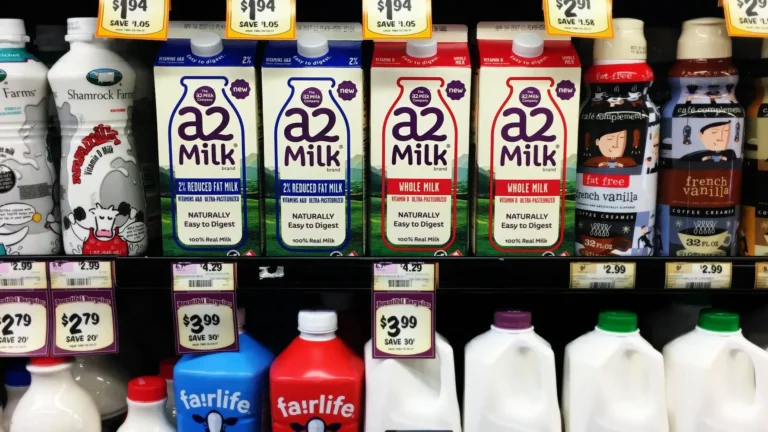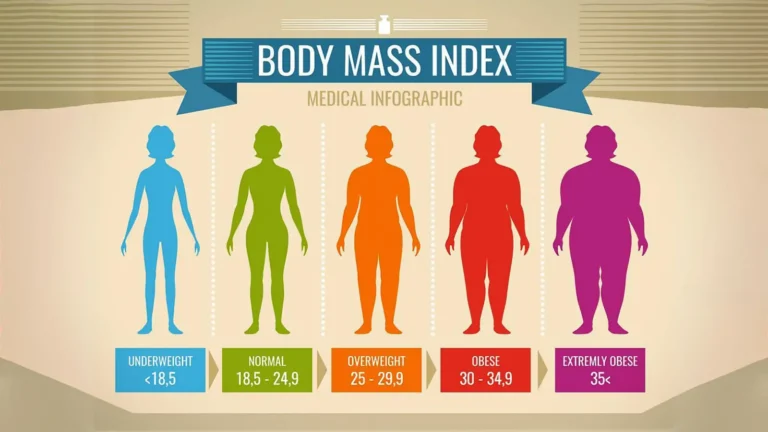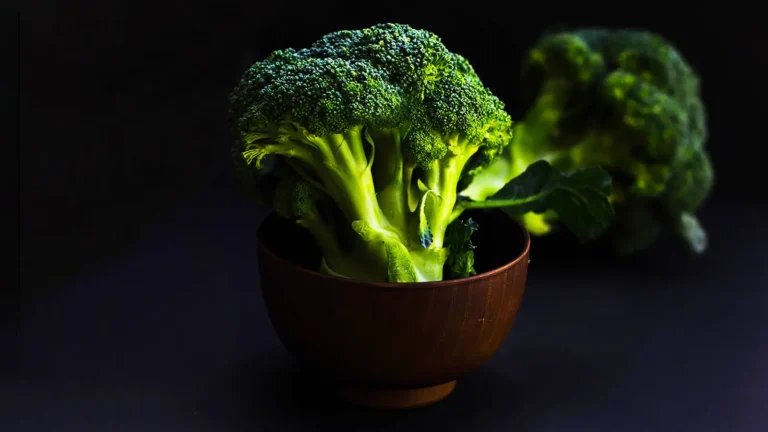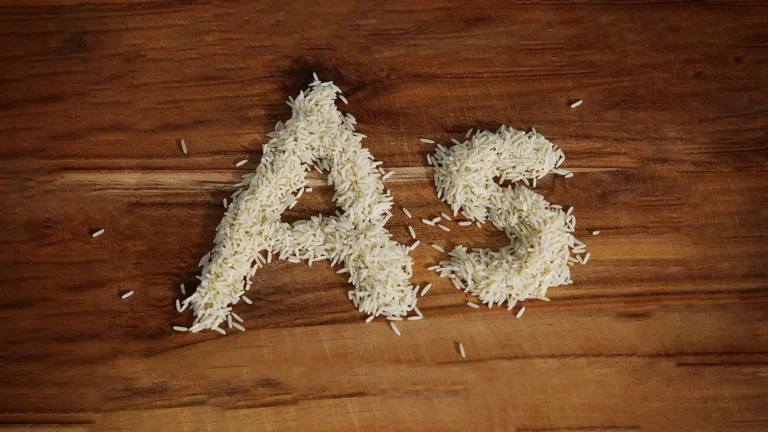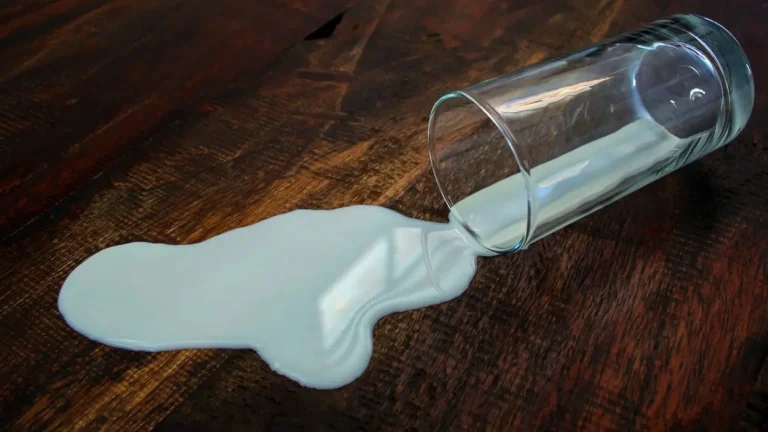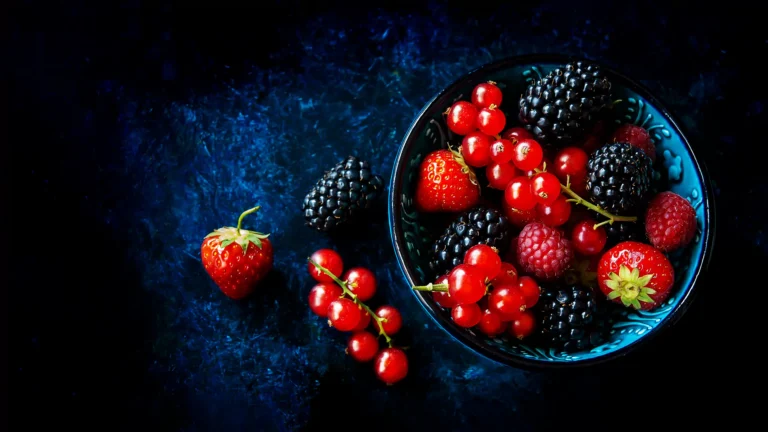Intravenous Vitamin C in the Treatment of Influenza: Living Proof from Clinical Practice
When you want intravenous vitamin C administered in the hospital, you don’t tell your doctor. Instead, you tell your lawyer to tell your doctor, in writing.
Milos Pokimica
Written By: Milos Pokimica
Medically Reviewed by: Dr. Xiùying Wáng, M.D.
Updated December 21, 2025In past times and it persists to this day, there is strong resistance from regular medical institutions against any form of supplemental antioxidants. In the past, it was so fierce that the medical establishment did everything it can to discourage people from taking antioxidants. Today because of the internet they will do all they can except physical abuse. Most of the time they will just keep quiet and let you die even if there is a way to help you. And if you are educated and you insist then they are going to abuse you physically by denying you treatment. You have to remember this. Allopathic medicine is just a business model and nothing else. Antioxidant treatment resistance in medical practice is just one example.
The main “reason” or story was that antioxidants are not important to anything except preventing scurvy or direct vitamin E deficiency. Anything more than that was quackery.
For decades it was a scientific battle because allopathic medicine is business and as such would be undermined by dirt-cheap solutions. For example, curcumin from turmeric can kill cancer cells better than most leading chemotherapy drugs on the market without any side effects. This is in direct opposition to hundreds of billions of dollars of cancer industry profits annually on the global market that includes not just cancer treatment but doctor salaries, medical equipment, supplemental therapies, surgeries, drugs, and so on. If there is some treatment like mega-dosing on vitamin C that is dirt cheap or some other type of antioxidants then who is going to make money from patented drugs, chemotherapy, surgeries, and all of the rest of it? Even worse population and social engendering are not going to go in line with the desired outcome. You should die at 60, not 130 after spending all of your life savings on the good service of modern medicine. I already analyzed some of the histories behind the chemical-banking-medical business cartel in correlated articles.
Even today with thousands of studies there is no recommendation for daily antioxidant consumption. Antioxidants and other phytochemicals are never and I want to emphasize this, never talked about or discussed and even if you want to use for example megadose of some antioxidant to treat some disease the doctor will threaten you, don’t want to give the treatment to you, and even directly confront you.
There was one good example of this when men named Allan Smith basically come back from the dead.
The 60 Minutes documentary, ‘Living Proof’, aired on New Zealand television in August 2010 told the story about this event. It became a big legal scandal and ended up in a news and in tv shows and discussions in New Zealand Parliament. He was infected with the swine flu and his immune system collapsed. He was in a coma and was on life support unable to breathe by himself. Doctors demanded from his family that he should be taken off life support and that there is nothing else that they can do, and that he is basically already dead. The family refused. Because his family knows about the work of Luis Pauling and his institute they rejected and demanded from the medical staff that he was to be injected directly with a mega-dose of vitamin C.
In animals for example when they contract the infection the production of vitamin C dramatically increases. It is hard for people to understand how can antioxidants have an effect on viruses but the answer is very simple. If you go down deep enough to the molecular scale, every virus or toxin or anything like oxygen or some other substance is the same. All of them are just electron scavengers. Oxygen, viruses, and toxins on the molecular level exert their action by stealing electrons from other molecules. That is it. It can be snake poison or bird flu it does not matter. On the molecular level, they are just seeking to take electrons from other molecules and vitamin C is a water-soluble antioxidant that has that one extra electron.
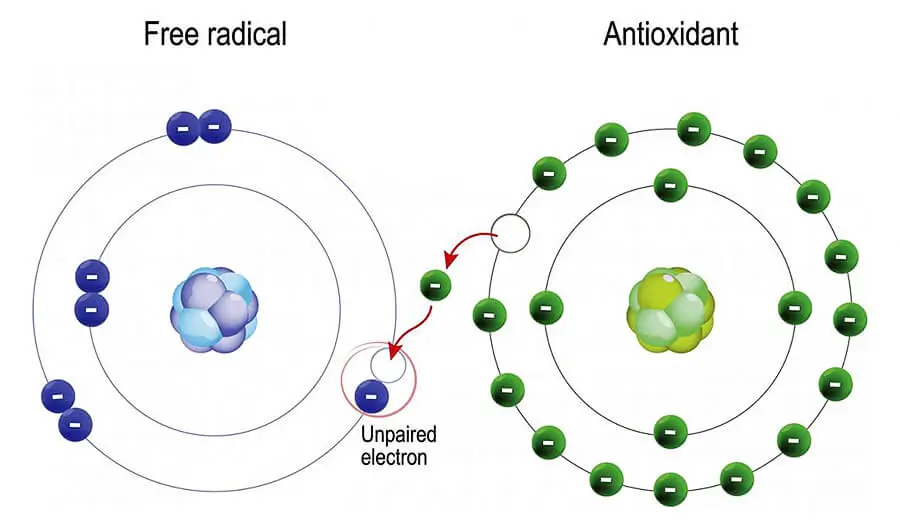
The family of Allan Smith knowing all of this demanded that he is to be given megadose of intravenous vitamin C. And the medical doctors refused. They were so enraged by this that they told the family that they will not give any vitamin C and that they will turn off the machines without their consent. This is very psychological and existential for MDs because if there is a cure for such strong viruses like swine flu and that cure cannot be patented then their entire profession is obsolete and not just that, their entire profession is guilty of murdering millions of people by withholding therapies that they cannot charge for.
Every time when you want to do this expect violence in every imaginable form. MDs are not nice, there are not there to heal you, and don’t really care if you die as long as they can have six-figure salaries.
Where is the evidence?
Contrary to what we often refer to as dietary vitamin C which has a wide range of roles from collagen biosynthesis to absorption of iron ascorbic acid utilized therapeutically at pharmacological dosages via intravenous infusion has been used in medicine since the late 60s.
Dr. Frederick Klennner’s groundbreaking research from 1949 showed how intravenous ascorbate may almost eradicate viral diseases including hepatitis, poliomyelitis, and influenza by inhibiting virus reproduction (KLENNER et al., 1949).
And yes they know about it and have vitamin C injections in every hospital. Vitamin C at megadosed and unnatural levels is used clinically as an antioxidant or as an elector donor to neutralize all toxins and forms of inflammation. Although is very weak compared to other antioxidants that exist but when given as an infusion to the bloodstream it becomes a whole other beast. The scientific genius Linus Pauling was well aware of the potential of ascorbic acid as a prophylactic strategy in viral illnesses such as influenza. Linus Pauling is widely known for advocating the use of large dosages of vitamin C. He emphasized that the virus would typically be eliminated by taking 1g (1000mg) of the medication per hour at the time of infection. This is 24 grams in a day. This was his estimate that he got by recalculating primates and other species’ vitamin C load during illness. Most other and all non-herbivore species produce their own vitamin C and vitamin C is not a vitamin for them. One gram an hour was an estimate of goats’ vitamin C production. He recalculated how much they produce per pound of body mass when stressed by illness and adjusted the value to humans and afterward recalculated the values through clinical practice.
If we look at just influenza viruses fairly recent in vitro research (2008) showed that ascorbic acid and dehydroascorbic acid (ascorbic acid in its reduced form) both have direct antiviral effects in some situations. The exact mechanism of action was not fully recognized until recently (Furuya et al., 2008).
In most clinical practice vitamin C has been proven to be a powerful antiviral but not just that, also an antifungal, antibacterial, anti-melanoma cell, anti-rheumatoid cell, and anti-leukemia cell. Data showing that prolonged plasma levels of ascorbic acid in humans are harmful to tumor cells were first published by Riordan in 1995 (Riordan et al., 1995).
Moreover, ascorbic acid supports the production of stress hormones, and its most well-known property is its antioxidant properties.
Effects of megadosing vitamin C and you have to remember this could never be reached by dietary consumption in normal human evolution. They can only be attained by intravenous administration. As an antioxidant vitamin C is also reducing inflammatory mediators and boosting helper and killer cell activity and number and in this way, it helps the immune system function. But again consumption of 500mg is not the same as an IV injection.
IV injection is the only scientifically proven way that has clinical significance in medical practice. If you try to do this dietarily your body will respond by removing all of the excess vitamin C out and you will end up with uncontrollable diarrhea. In a situation where there is severe influenza, cancer, or some other life-threatening condition then mega dosing or IV injections of vitamin C come into consideration. In normal situations without life-threatening disease and trauma or stress maintaining normal levels of vitamin C consumption of no more than one to two grams a day is more than enough and mega dosing will have no to little benefit except in a situation where there is constipation. In situations where you have constipation, you will be able to naturally flush your colon by mega-dosing vitamin C. In normal dietary circumstances, vitamin C is helpful as an antioxidant because our body has evolved to utilize it. It is the safest and most widely available antioxidant known to biology. It is water soluble and it can be used to recycle vitamin E to some extent. It is needed to neutralize free radicals and having the maximal tolerable level of dietary consumption is in this case optimal level. These free radicals include nitric oxide, hydroxyl, superoxide, peroxynitrite, and lipo peroxides. How much can you tolerate depends from individual to individual but one to two grams a day is all you need. For example, people with cancer can take 20 to 30 grams without getting diarrhea. If you can tolerate excessive supplemental vitamin C this might mean that you have some form of inflammation or condition or disease like cancer.
The majority of these problems occur in intensive care units and are caused by surgery, severe infections, trauma, intravenous medication, oxygen therapy, and stress. The biological system’s capacity to capture and neutralize these radicals and defective rogue electrons has practically been expended in cases where people’s immune systems are already too weak. For example severe pneumonia-like swine flu or COVID. On top of this vitamin C has a direct antiviral activity proven by scientific research. And this is why IV injections of vitamin C or mega-dosing vitamin C by liposomal formulas are used in these situations as neutralizing action on certain toxins, exotoxins, virus infections, endotoxins, and histamine. And this is all proven by scientific research decades ago.
Also, remember this there is absolutely nothing unique or special about vitamin C. On a potency scale, it is one of the weakest antioxidants that exist. For example, astaxanthin is not only more stable but was found in clinical studies to be around 6,000 times stronger antioxidant than vitamin C. But when you give intravenous injection you are compensating for its weakness with sheer quantity. And because vitamin C is water soluble and has no need for any enzymatic detoxification and also has no toxicity by itself at any dosage the excess will just be removed by the kidneys.
But stop, there is a problem here.
Vitamin C is cheap, vitamin C is nontoxic, and vitamin C cannot be patented.
After fifty years of studies and research, the debate is still raging, and it is raging by design. Confusion is deliberate. Patients are dying as a result of the failure of our medical system to use IV vitamin C and they don’t care. The use of intravenous ascorbic acid remains ‘controversial and emotional’.
In the clinical case of Allan Smith, Allan’s lung was so filled with infected fluid that he was not able to take any air whatsoever and in the eyes of MDs he was already dead. They did what they learned in medical college and they under any circumstances would not do anything outside of accepted practice because of the licensing in the medical industry. Also, they always have to cover themself in these situations from liability if anything goes wrong. In their minds, he had no chance whatsoever of any recovery but they could not do anything except wait for him to die. They didn’t “believe“ in the quackery of Luis Pauling that was “proven“ by the FDA that antioxidants and vitamin C are just there to prevent scurvy and the story was done. No discussion and you don’t have a right to tell them what the truth is because who are you, some idiot that believes in pseudoscience.
After three weeks in a coma, he was diagnosed with leukemia on top of that and specialists told the family that they will turn off the life support. This was all documented, 60 minutes TV show managed to get hold of Auckland Hospital’s record from that meeting where they decided to turn off the life support to this day Auckland Hospital remained silent about the incident and never gave any public statement hoping that this story will eventually be forgotten.
When they told his family that they are going to end his life the family demanded a megadose of intravenous vitamin C. They said no.
Then the family became angry telling the doctors that they don’t have to believe anything there is nothing that they can lose if this doesn’t work and that if they refuse to do this, they will call a lawyer. Then the Auckland board decided to wait two more days and they gave one injection on Thursday night of 25g of vitamin C and then one more injection of 25 grams on Wednesday morning. Wednesday night they did a scan of his chest and they found air pockets. On an x-ray just two days apart, the lung dramatically improved beyond anything that was naturally possible. The argument of the medical staff was that he got better because they turned him one day before that on a stomach.
In reality, they were stricken by fear and they didn’t know what to do now.
They wanted to end his life, but now because he is showing dramatic improvement they could not. At the same time, this will prove that they were wrong in the first place. But again, they could not be wrong because then the entire medical industry is wrong or worse, a scam designed to kill people. So, they made up an excuse that vitamin C had nothing to do with this. Then the family asked them if turning him on his stomach had an impact on such dramatical improvement and why they did not try that before they decided to turn the machine off. There was no answer.
After just 5 days of intravenous vitamin C, Allen improved to the point where he was able to breathe on his own and could be taken off life support, and on Friday he was taken off.
But now his condition again started to deteriorate and was on a brink of going back to life support again with fluids filling his lungs. The family found out that the medical board has put another consultant in and that a new consultant has taken him off the vitamin C. The new consultant was so against it that he was not willing to administer any more vitamin C and didn’t care about any possible lawsuit against him. He was just sitting in his chair and saying no, not going to do this, no, not putting him back on, no, you do whatever you want, no, not putting him back on. Then one of the Allen sons got “angry“ and the meeting was stopped.
Then the board put him back on, but only on 1 gram a day. The dose was very low but unfortunately to the medical board, he started to recover again, just at a slower rate. Then he was transferred to another hospital and again doctors there took him off that low dose of vitamin C. Then the family finally called a lawyer and filed a lawsuit against the hospital and decided to go to the high court of New Zeeland. Then the doctors put him back on but again, they administrated a low dose of 2 grams a day and the family wanted 50 grams a day.
Eventually, a family discovered that you can megadose orally with vitamin C without any injection. When you take vitamin C in a powder form the body cannot absorb all of that vitamin C at once but there is a form of vitamin C that is captured in a lipid molecule to trick the body. It is called liposomal vitamin C and when the body absorbs that lipid and starts to break lipid down, vitamin C gets released from the inside. The family started to supplement him after he was out of the coma and the hospital was unable to stop them legally. He was awoken and he, by his own free will, can take any supplement he wants with or without the doctor’s consent. He was told that it will take three months for him to be able to walk and after he woke and started to take liposomal vitamin C on his own, he was out of there in 14 days. Also, as a side note, his leukemia was healed also.
This story became a political issue in New Zeeland and was on the news. The lesson here is, when you want intravenous vitamin C administered to you or a family member in the hospital, you don’t tell your doctor. Instead, you tell your lawyer to tell your doctor in writing form.
Liposomal C is a good supplemental antioxidant because the body can use extra electrons from it to neutralize toxins and then can urinate out the reduced oxidized form of vitamin C (dehydroascorbic acid). For our organism, it is easy to remove an oxidized form of vitamin C and other types of water-soluble antioxidants through our kidneys. This effectively keeps us in a surplus of free electrons. For example, in this study (Kubin et al., 2003) they concluded that surgery increases the oxidation of AA (ascorbic acid) and urinary excretion of DHAA (dehydroascorbic acid), as a result of the enhanced formation of free radicals. Any stress to the body, not just surgery will take some of that free electrons from excessively mega-dosed vitamin C to neutralize inflammation so at any time when there is a need for excessive antioxidant intake it is scientifically proven today, no matter what some MDs are preaching, that mega dosing of vitamin C is beneficial. But when you are dealing with oil-soluble antioxidants like vitamin E and beta carotene then excessive amounts of them have to be removed through enzymatic pathways and it is much more complicated than just urinating it out. This can be a reason why you can take mega doses of vitamin C basically with no correlation to any disease or mortality unlike vitamin E for example where there is a point of diminishing returns. But again, most of the studies that exist use a synthetic form of vitamin E, not a natural form and I believe that this is done on purpose. Regular medicine does not like cheap and effective solutions that cannot be patented. When you mention antioxidants or in this case, vitamin C to the MD be prepared for a burst of hate. You are endangering their six-figure salaries and they don’t like it one bit.
Professor John Fraser, Head of the School of Medical Sciences, University of Auckland told the Science Media Centre (New Zealand):
“It is disappointing that the journalist did not attempt to seek expert advice on the reasons why the consultants were unwilling to administer high doses of vitamin C. There is certainly no evidence from the medical literature that this treatment works particularly in severe cases of pneumonia.
The consultants were quite right to resist the use of an unproven treatment, and to their credit, they did acquiesce to accommodate the family’s wishes because they felt it would do no harm. In this remarkable case, the patient did survive but there is no evidence that this was due to vitamin C. This is a wonderful story of personal survival and it is sad that it has been used to discredit those professionals who were just trying to provide their best for a very sick patient. If vitamin C had killed him, then the story would have been different. That is the risk of using an unproven treatment.”
References:
Passages selected from a book: Passages selected from a book: Pokimica, Milos. Go Vegan? Review of Science Part 3. Kindle ed., Amazon, 2020.
- KLENNER F. R. (1949). The treatment of poliomyelitis and other virus diseases with vitamin C. Southern medicine and surgery, 111(7), 209–214.[PubMed]
- Furuya, A., Uozaki, M., Yamasaki, H., Arakawa, T., Arita, M., & Koyama, A. H. (2008). Antiviral effects of ascorbic and dehydroascorbic acids in vitro. International journal of molecular medicine, 22(4), 541–545. [PubMed]
- Riordan, N. H., Riordan, H. D., Meng, X., Li, Y., & Jackson, J. A. (1995). Intravenous ascorbate as a tumor cytotoxic chemotherapeutic agent. Medical hypotheses, 44(3), 207–213. https://doi.org/10.1016/0306-9877(95)90137-x
- Ely J. T. (2007). Ascorbic acid role in containment of the world avian flu pandemic. Experimental biology and medicine (Maywood, N.J.), 232(7), 847–851. [PubMed]
- Brody, S., Preut, R., Schommer, K., & Schürmeyer, T. H. (2002). A randomized controlled trial of high dose ascorbic acid for reduction of blood pressure, cortisol, and subjective responses to psychological stress. Psychopharmacology, 159(3), 319–324. https://doi.org/10.1007/s00213-001-0929-6
- Riordan, H. D., Hunninghake, R. B., Riordan, N. H., Jackson, J. J., Meng, X., Taylor, P., Casciari, J. J., González, M. J., Miranda-Massari, J. R., Mora, E. M., Rosario, N., & Rivera, A. (2003). Intravenous ascorbic acid: protocol for its application and use. Puerto Rico health sciences journal, 22(3), 287–290.[PubMed]
- Kubin, A., Kaudela, K., Jindra, R., Alth, G., Grünberger, W., Wierrani, F., & Ebermann, R. (2003). Dehydroascorbic acid in urine as a possible indicator of surgical stress. Annals of nutrition & metabolism, 47(1), 1–5. https://doi.org/10.1159/000068905
- Riordan, H. D., Riordan, N. H., Jackson, J. A., Casciari, J. J., Hunninghake, R., González, M. J., Mora, E. M., Miranda-Massari, J. R., Rosario, N., & Rivera, A. (2004). Intravenous vitamin C as a chemotherapy agent: a report on clinical cases. Puerto Rico health sciences journal, 23(2), 115–118. [PubMed]
- Chen, Q., Espey, M. G., Krishna, M. C., Mitchell, J. B., Corpe, C. P., Buettner, G. R., Shacter, E., & Levine, M. (2005). Pharmacologic ascorbic acid concentrations selectively kill cancer cells: action as a pro-drug to deliver hydrogen peroxide to tissues. Proceedings of the National Academy of Sciences of the United States of America, 102(38), 13604–13609. https://doi.org/10.1073/pnas.0506390102
- Klenner, F.R. (2014). Observations On the Dose and Administration of Ascorbic Acid When Employed Beyond the Range Of A Vitamin In Human Pathology. Journal of Orthomolecular Medicine, 13, 198-210. [PDF]
- Wilson, J. X. (2009). Mechanism of action of vitamin C in sepsis: Ascorbate modulates redox signaling in endothelium. BioFactors (Oxford, England), 35(1), 5. https://doi.org/10.1002/biof.7
- Nathens, A. B., Neff, M. J., Jurkovich, G. J., Klotz, P., Farver, K., Ruzinski, J. T., Radella, F., Garcia, I., & Maier, R. V. (2002). Randomized, Prospective Trial of Antioxidant Supplementation in Critically Ill Surgical Patients. Annals of Surgery, 236(6), 814-822. https://doi.org/10.1097/00000658-200212000-00014
- Giladi, A. M., Dossett, L. A., Fleming, S. B., Abumrad, N. N., & Cotton, B. A. (2011). High-dose antioxidant administration is associated with a reduction in post-injury complications in critically ill trauma patients. Injury, 42(1), 78–82. https://doi.org/10.1016/j.injury.2010.01.104
- Long, C. R., Maull, K. I., Krishnan, R., Laws, H. L., Geiger, J. W., Borghesi, L., Franks, W. R., Lawson, T., & Sauberlich, H. E. (2003b). Ascorbic acid dynamics in the seriously ill and injured. Journal of Surgical Research, 109(2), 144–148. https://doi.org/10.1016/s0022-4804(02)00083-5
- Marik, P. E., Khangoora, V., Rivera, R., Hooper, M. H., & Catravas, J. (2017). Hydrocortisone, Vitamin C, and Thiamine for the Treatment of Severe Sepsis and Septic Shock: A Retrospective Before-After Study. Chest, 151(6), 1229–1238. https://doi.org/10.1016/j.chest.2016.11.036
Related Posts
Do you have any questions about nutrition and health?
I would love to hear from you and answer them in my next post. I appreciate your input and opinion and I look forward to hearing from you soon. I also invite you to follow us on Facebook, Instagram, and Pinterest for more diet, nutrition, and health content. You can leave a comment there and connect with other health enthusiasts, share your tips and experiences, and get support and encouragement from our team and community.
I hope that this post was informative and enjoyable for you and that you are prepared to apply the insights you learned. If you found this post helpful, please share it with your friends and family who might also benefit from it. You never know who might need some guidance and support on their health journey.
– You Might Also Like –

Learn About Nutrition
Milos Pokimica is a doctor of natural medicine, clinical nutritionist, medical health and nutrition writer, and nutritional science advisor. Author of the book series Go Vegan? Review of Science, he also operates the natural health website GoVeganWay.com
Medical Disclaimer
GoVeganWay.com brings you reviews of the latest nutrition and health-related research. The information provided represents the personal opinion of the author and is not intended nor implied to be a substitute for professional medical advice, diagnosis, or treatment. The information provided is for informational purposes only and is not intended to serve as a substitute for the consultation, diagnosis, and/or medical treatment of a qualified physician or healthcare provider.NEVER DISREGARD PROFESSIONAL MEDICAL ADVICE OR DELAY SEEKING MEDICAL TREATMENT BECAUSE OF SOMETHING YOU HAVE READ ON OR ACCESSED THROUGH GoVeganWay.com
NEVER APPLY ANY LIFESTYLE CHANGES OR ANY CHANGES AT ALL AS A CONSEQUENCE OF SOMETHING YOU HAVE READ IN GoVeganWay.com BEFORE CONSULTING LICENCED MEDICAL PRACTITIONER.
In the event of a medical emergency, call a doctor or 911 immediately. GoVeganWay.com does not recommend or endorse any specific groups, organizations, tests, physicians, products, procedures, opinions, or other information that may be mentioned inside.
Editor Picks –
Milos Pokimica is a health and nutrition writer and nutritional science advisor. Author of the book series Go Vegan? Review of Science, he also operates the natural health website GoVeganWay.com
Latest Articles –
Top Health News — ScienceDaily
- The overlooked nutrition risk of Ozempic and Wegovyon February 4, 2026
Popular weight-loss drugs like Ozempic and Wegovy can dramatically curb appetite, but experts warn many users are flying blind when it comes to nutrition. New research suggests people taking these medications may not be getting enough guidance on protein, vitamins, and overall diet quality, increasing the risk of muscle loss and nutrient deficiencies.
- A 25-year study found an unexpected link between cheese and dementiaon February 4, 2026
A massive Swedish study tracking nearly 28,000 people for 25 years found an unexpected link between full-fat dairy and brain health. Among adults without a genetic risk for Alzheimer’s, eating more full-fat cheese was associated with a noticeably lower risk of developing the disease, while higher cream intake was tied to reduced dementia risk overall. The findings challenge decades of low-fat dietary advice but come with important caveats.
- MIT’s new brain tool could finally explain consciousnesson February 4, 2026
Scientists still don’t know how the brain turns physical activity into thoughts, feelings, and awareness—but a powerful new tool may help crack the mystery. Researchers at MIT are exploring transcranial focused ultrasound, a noninvasive technology that can precisely stimulate deep regions of the brain that were previously off-limits. In a new “roadmap” paper, they explain how this method could finally let scientists test cause-and-effect in consciousness research, not just observe […]
- Why heart disease risk in type 2 diabetes looks different for men and womenon February 4, 2026
Scientists are digging into why heart disease risk in type 2 diabetes differs between men and women—and sex hormones may be part of the story. In a large Johns Hopkins study, men with higher testosterone had lower heart disease risk, while rising estradiol levels were linked to higher risk. These hormone effects were not seen in women. The results point toward more personalized approaches to heart disease prevention in diabetes.
- Sound machines might be making your sleep worseon February 4, 2026
Sound machines may not be the sleep saviors many believe. Researchers found that pink noise significantly reduced REM sleep, while simple earplugs did a better job protecting deep, restorative sleep from traffic noise. When pink noise was combined with outside noise, sleep quality dropped even further. The results suggest that popular “sleep sounds” could be doing more harm than good—particularly for kids.
- This unexpected plant discovery could change how drugs are madeon February 3, 2026
Plants make chemical weapons to protect themselves, and many of these compounds have become vital to human medicine. Researchers found that one powerful plant chemical is produced using a gene that looks surprisingly bacterial. This suggests plants reuse microbial tools to invent new chemistry. The insight could help scientists discover new drugs and produce them more sustainably.
- A hidden cellular process may drive aging and diseaseon February 3, 2026
As we age, our cells don’t just wear down—they reorganize. Researchers found that cells actively remodel a key structure called the endoplasmic reticulum, reducing protein-producing regions while preserving fat-related ones. This process, driven by ER-phagy, is tied to lifespan and healthy aging. Because these changes happen early, they could help trigger later disease—or offer a chance to stop it.
PubMed, #vegan-diet –
- Diet type and the oral microbiomeon February 2, 2026
CONCLUSION: The diet-oral microbiome-systemic inflammation axis is bidirectional and clinically relevant. Understanding both direct ecological regulation and indirect metabolic effects is essential to support precision nutrition strategies aimed at maintaining oral microbial balance and systemic inflammatory risk mitigation.
- Consensus document on healthy lifestyleson January 22, 2026
Proteins are a group of macronutrients that are vital to our lives, as they perform various functions, including structural, defensive and catalytic. An intake of 1.0-1.2 g/kg/body weight per day would be sufficient to meet our needs. Carbohydrate requirements constitute 50 % of the total caloric value and should be obtained mainly in the form of complex carbohydrates. In addition, a daily intake of both soluble and insoluble fiber is necessary. Regular consumption of extra virgin olive oil […]
- Vitamin B12 and D status in long-term vegetarians: Impact of diet duration and subtypes in Beijing, Chinaon January 21, 2026
CONCLUSIONS: This study reveals a dual challenge among Beijing long-term vegetarians: vitamin B12 deficiency was strongly associated with the degree of exclusion of animal products from the diet (veganism), while vitamin D deficiency was highly prevalent and worsened with longer diet duration. The near-universal vitamin D deficiency observed in this study suggests that, in the Beijing context, the risk may extend beyond dietary choice, potentially reflecting regional environmental factors;…
- Nutritional evaluation of duty meals provided to riot police forces in Germanyon January 13, 2026
Background: The primary role of the German riot police is maintaining internal security. Due to challenging working conditions, riot police forces face an elevated risk of various diseases. During duty, forces are provided with meals. A balanced diet can reduce the risk of some of these diseases and contribute to health-promoting working conditions. Aim: First evaluation of the nutritional quality of duty meals in Germany based on German Nutrition Society recommendations (DGE). Methods: In…
- Iodineon January 1, 2006
Iodine is an essential trace nutrient for all infants that is a normal component of breastmilk. Infant requirements are estimated to be 15 mcg/kg daily in full-term infants and 30 mcg/kg daily in preterm infants.[1] Breastmilk iodine concentration correlates well with maternal urinary iodine concentration and may be a useful index of iodine sufficiency in infants under 2 years of age, but there is no clear agreement on a value that indicates iodine sufficiency, and may not correlate with […]
Random Posts –
Featured Posts –
Latest from PubMed, #plant-based diet –
- From paddy soil to dining table: biological biofortification of rice with zincby Lei Huang on February 4, 2026
One-third of paddy soils are globally deficient in zinc (Zn) and 40% of Zn loss in the procession from brown rice to polished rice, which results in the global issue of hidden hunger, e.g., the micronutrient deficiencies in the rice-based population of developing countries. In the recent decades, biofortification of cereal food crops with Zn has emerged as a promising solution. Herein, we comprehensively reviewed the entire process of Zn in paddy soil to human diet, including the regulatory…
- Molecular Characterization of Tobacco Necrosis Virus A Variants Identified in Sugarbeet Rootsby Alyssa Flobinus on February 3, 2026
Sugarbeet provides an important source of sucrose; a stable, environmentally safe, and low-cost staple in the human diet. Viral diseases arising in sugarbeet ultimately impact sugar content, which translates to financial losses for growers. To manage diseases and prevent such losses from occurring, it is essential to characterize viruses responsible for disease. Recently, our laboratory identified a tobacco necrosis virus A variant named Beta vulgaris alphanecrovirus 1 (BvANV-1) in sugarbeet…
- Nutrition in early life interacts with genetic risk to influence preadult behaviour in the Raine Studyby Lars Meinertz Byg on February 3, 2026
CONCLUSIONS: Nutrition in early life and psychiatric genetic risk may interact to determine lasting child behaviour. Contrary to our hypothesis, we find dietary benefits in individuals with lower ADHD PGS, necessitating replication. We also highlight the possibility of including genetics in early nutrition intervention trials for causal inference.
- Effect of the gut microbiota on insect reproduction: mechanisms and biotechnological prospectsby Dilawar Abbas on February 2, 2026
The insect gut microbiota functions as a multifunctional symbiotic system that plays a central role in host reproduction. Through the production of bioactive metabolites, gut microbes interact with host hormonal pathways, immune signaling, and molecular regulatory networks, thereby shaping reproductive physiology and fitness. This review summarizes recent advances in understanding how gut microbiota regulate insect reproduction. Accumulating evidence demonstrates that microbial metabolites…
- Rationale and design of a parallel randomised trial of a plant-based intensive lifestyle intervention for diabetes remission: The REmission of diabetes using a PlAnt-based weight loss InteRvention…by Brighid McKay on February 2, 2026
CONCLUSIONS: This trial will provide high-quality clinical evidence on the use of plant-based ILIs to address the epidemics of obesity and diabetes to inform public health policies and programs in Canada and beyond.
- Diet type and the oral microbiomeby Daniel Betancur on February 2, 2026
CONCLUSION: The diet-oral microbiome-systemic inflammation axis is bidirectional and clinically relevant. Understanding both direct ecological regulation and indirect metabolic effects is essential to support precision nutrition strategies aimed at maintaining oral microbial balance and systemic inflammatory risk mitigation.
